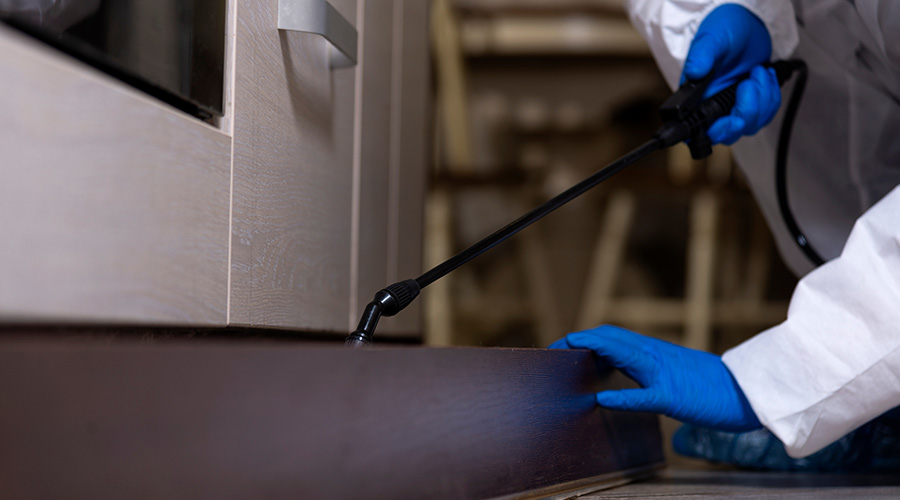Repair or replace? Best Strategies to Reduce Maintenance Costs
A friend bought an old wooden boat he was planning to restore. He'd been looking for quite some time and one day finally found the boat of his dreams. A year and a half later, the newly restored boat was ready for its maiden voyage. He dropped the boat on the trailer, hitched the trailer to his truck, and headed to the lake. Little did he know how exciting it would be. You see, in all the excitement to get the boat out for a test run, he postponed the inspection of the trailer.
You can guess what happened. He launched her for that first excursion. After a successful voyage, he backed the trailer in the water, hooked her up, and drove off. After turning onto the main road, the nightmare began. The trailer started swaying, and in the blink of an eye, the tongue of the trailer snapped off. The newly restored boat was rolling port to starboard down the highway.
In the world of facilities maintenance, we ask questions about equipment and maintenance almost daily: Should we repair the equipment? Can we overhaul it? Can we just replace the unit altogether? How about deferring the work until next month? What factors determine the right path? The consequence of failure, the costs, and return on investment (ROI) are some of the key aspects managers need to consider in making the right decision.
Whether the issue is a boat or a chiller, the issue of deferred maintenance comes up sooner or later. Wikipedia defines the issue this way: "Deferred maintenance is the practice of postponing maintenance activities such as repairs on both real property (i.e. infrastructure) and personal property (i.e. machinery) in order to save costs, meet budget, or realign available budget monies. The failure to perform needed repairs could lead to asset deterioration and ultimately asset impairment. Generally, a policy of continued deferred maintenance may result in higher costs, asset failure, and in some cases, safety, health and environmental implications."
Related Topics:













